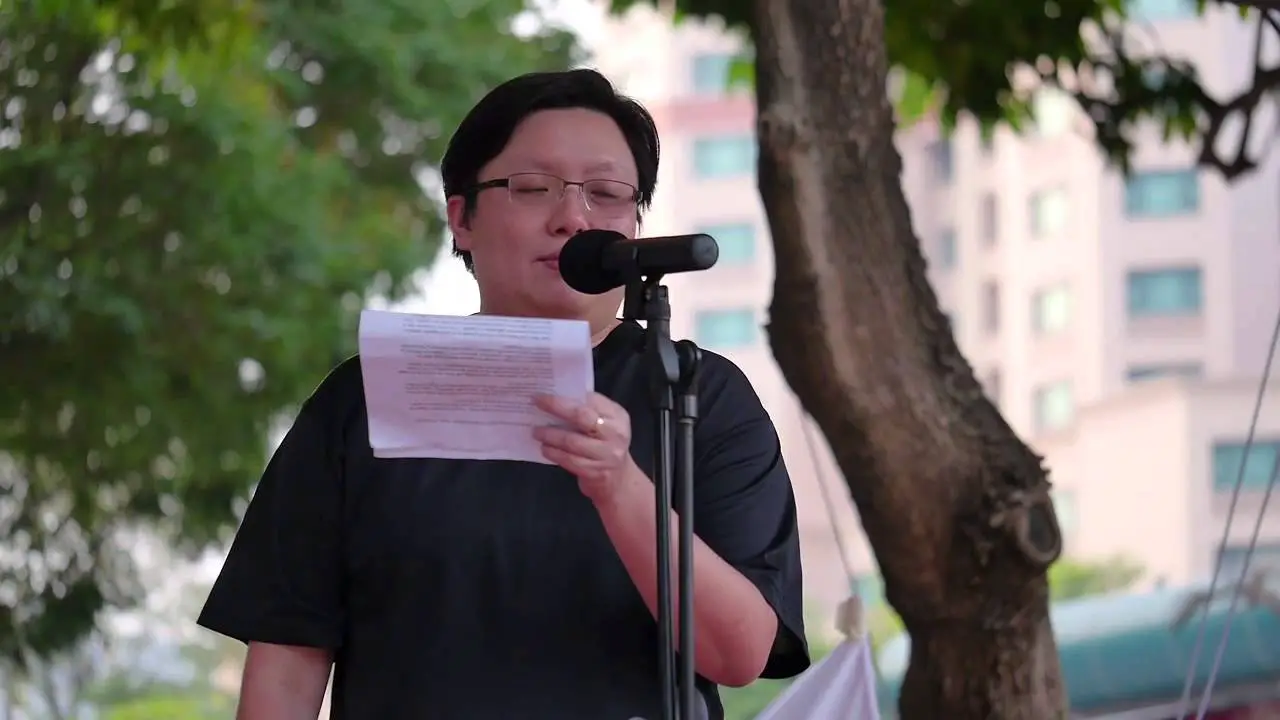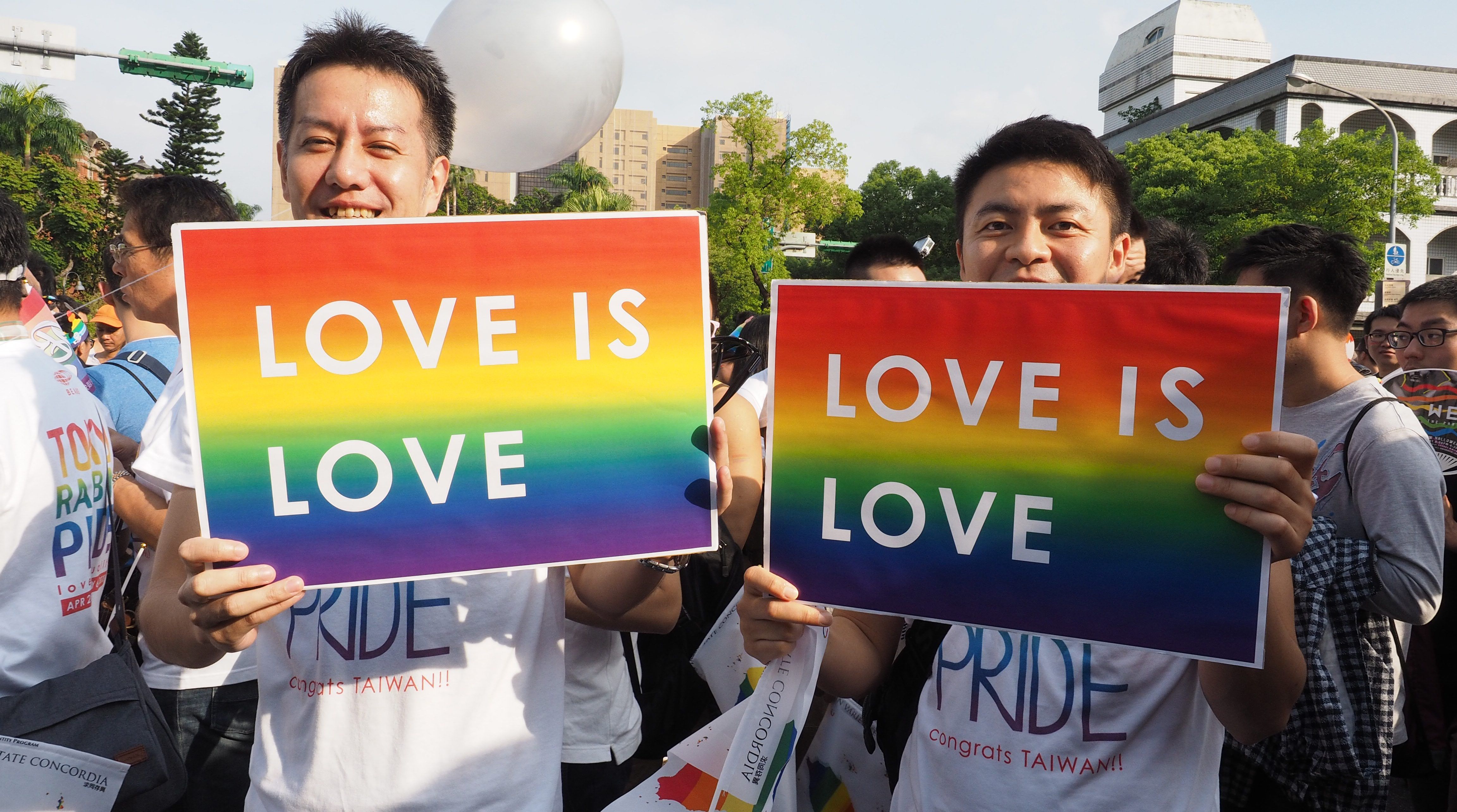As of 2018, there has been both progression and regression regarding LGBTQ+ rights in the United States, which has been admired and detested. However, in comparison to most countries in Asia, the U.S. has a much higher tolerance for queer sexualities, and homophobia is something that has been — and seemingly remains to be — a largely present issue in Asia.
Today, homosexuality is definitely more prevalent than it has been in recent decades. In fact, society has taken many steps toward a larger acceptance, including gay marriage legalization in the United States, recognition of same-sex relationships on a broader scale and the creation of consequences for hate crimes against the LGBTQ+ community.
Unfortunately, you can’t say the same about Asia. While Asia has taken a few brave progressive steps toward overall sexual equality — such as Taiwan ruling in favor of same-sex marriages last year and a few local governments in Japan recognizing same-sex partnerships — there is still a large gap between them and the rest of the world in terms of civil rights for the LGBTQ+ community.
Also, even the progressions that have occurred in Asia are tentative for the time being; Taiwan’s ruling looks as if it will be rescinded by 2019, and Japan still remains extremely conservative.
Among the many homophobic Asian countries, there lies South Korea, known primarily for its glitz, glam, fashion and skincare; however, many people also recognize the country for its raging homophobia because over half of the population is fervently opposed to accepting homosexuality.
Even China, the most highly-populated Asian country, has had its majority voice opposition to homosexuality. However, Malaysia, Indonesia and Pakistan harbor even more homophobic tendencies, with over 80 percent of their populations against the LGBTQ+ community.
Though it may seem surprising to Americans that so many Asian nations are opposed to LGBTQ+ rights, the resistance is nothing new. Unfortunately, those who belong to the LGBTQ+ community in Asia are all too familiar with homophobia and its consequences, which include violence, degradation and imprisonment.
For example, a gay couple in Indonesia was publicly caned for engaging in consensual sexual activities. As officials whipped each man a total of 83 times, the crowd shouted insults and cheered.
A university student who was present at the caning described homosexuality as “a virus that can harm people’s morale,” and that the punishment was “an attempt to stop the spread of the virus to other communities.” Sadly, the student’s statement reflects the majority mindset of the people.
Additionally, in Singapore, there is a method referred to as “corrective rape,” which is an attempt to correct those who display homosexual behavior by having a member of the opposite sex rape them.
Activist Jean Chong voices her clear displeasure with the ominous gap between Asia and the United States in terms of progression, and her indignation is apparent when she says, “The western world — they find it hard to comprehend how backward we are when it comes to LGBT and human rights. They don’t understand the sophistication of oppression here.”
That said, there is an air of helplessness, the homophobia so excruciatingly common there seems to be no escape.

Notably, many factors play into why homophobia is so common in Asia. One is that the mindset of the older generation — which is the generation that seems to have the most power in most Asian nations — was formed with homophobic tendencies that have stuck for decades.
Though using age as a tactic to gain respect and power against younger generations is something that is pretty much universal, it is more so in Asia, where respecting elders is an upstanding tradition.
Another driving factor would be the consequences of homosexuality you would find there; abandonment, assault and even death are all common results of coming out. In fact, being gay is quite literally social suicide in Asia.
There seem to be no boundaries surrounding what individuals can or cannot say, as Chong demonstrates when she refers to receiving discrimination on a daily basis.
“I look tomboyish, and there’s a lot of gender-policing,” she expresses. “I have people who will just walk up to me and tell me I should get beaten up. Non-conformity disturbs people.” Indeed it does, as it appears that the slightest inkling of change does not sit well with the public.
Unfortunately, another commonality for many victims of homophobia is the physical assault from the people they should be able to trust most in the world: their own families. In fact, according to Outright Action International, families are reported to be the primary perpetrators of violence.
Victim testimonies have revealed that “[homosexual] individuals had been subjected to prolonged silent treatment, verbal abuse and isolation, emotional and material neglect,” and that “several were forced to end same-sex relationships or to enter heterosexual marriages.”
Those responsible for the severe punishments claim that their actions are guiding LGBTQ+ members to their correct gender norms, which they think prevents shame and upholds religion within the family. They truly believe they are doing more good than harm.
Religion is also a crucial role in the presence of homophobia, as Asia is one of the leading continents when it comes to religious diversity. Christianity is the most widespread religion in Asia, and there has been a lot of controversy and debate regarding what religious texts express regarding homosexuality.
Due to years of the older generations instilling such a large religious presence on the youth, it is hard to slip from that rigorous and conservative mindset when those principles are what individuals learn their entire lives.
Fear, such as the fear of coming out and it being ill received, is what keeps people at bay. It is one thing to be able to come out and have general disapproval from peers and loved ones, and it is an entirely different thing when coming out equals signing a death certificate.
The extremities some Asian countries are absolutely willing to enforce are quite literally terrifying. Being afraid to openly express your identity as a human being is the heartbreaking reality many LGBTQ+ people have to face on a daily basis. However, people can still remain hopeful that someday extreme homophobia will no longer be a reality in Asia.

















